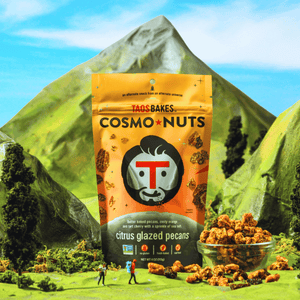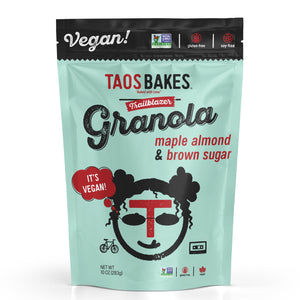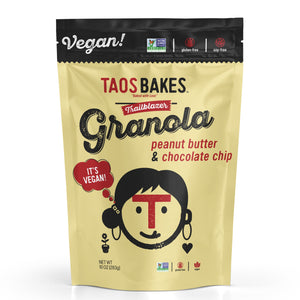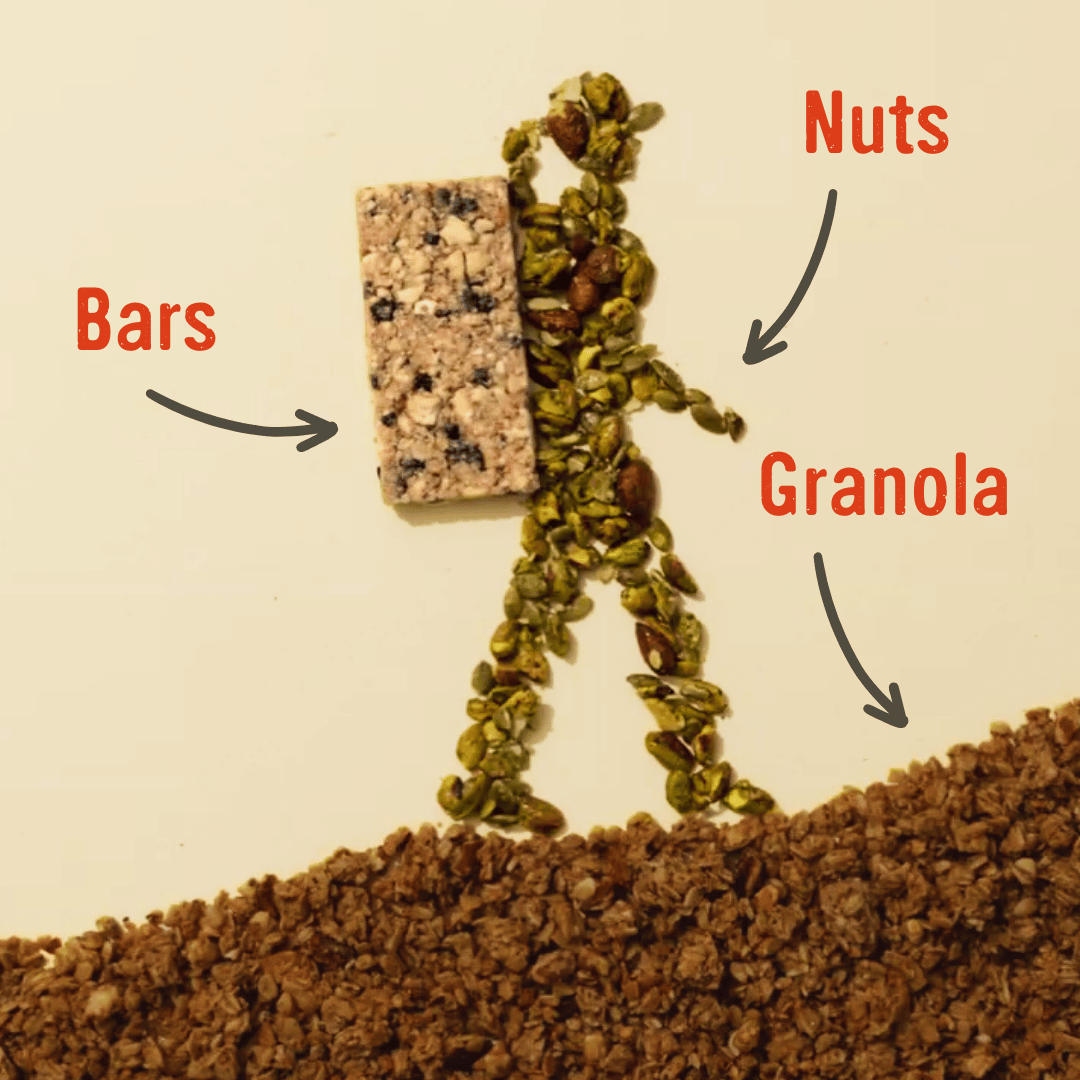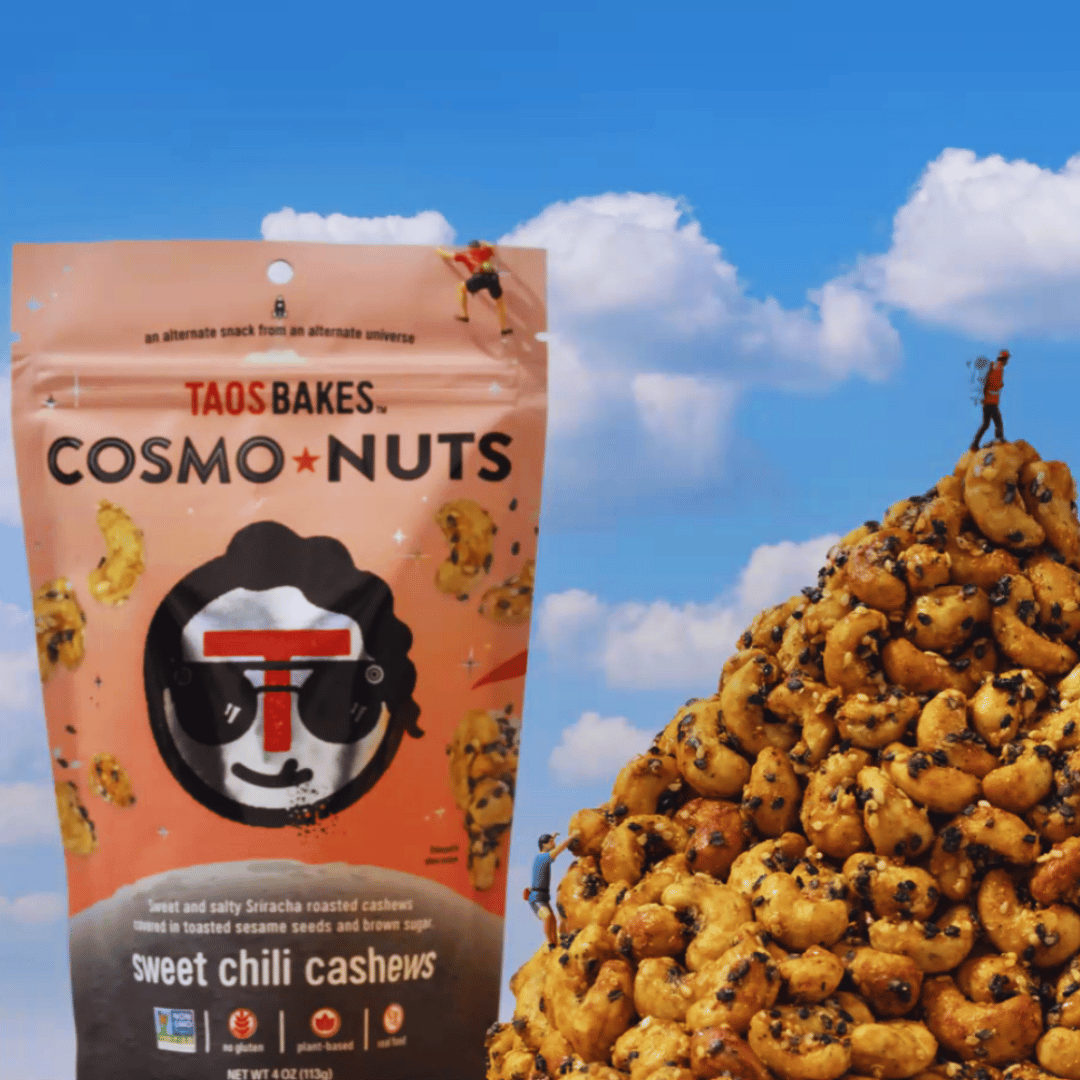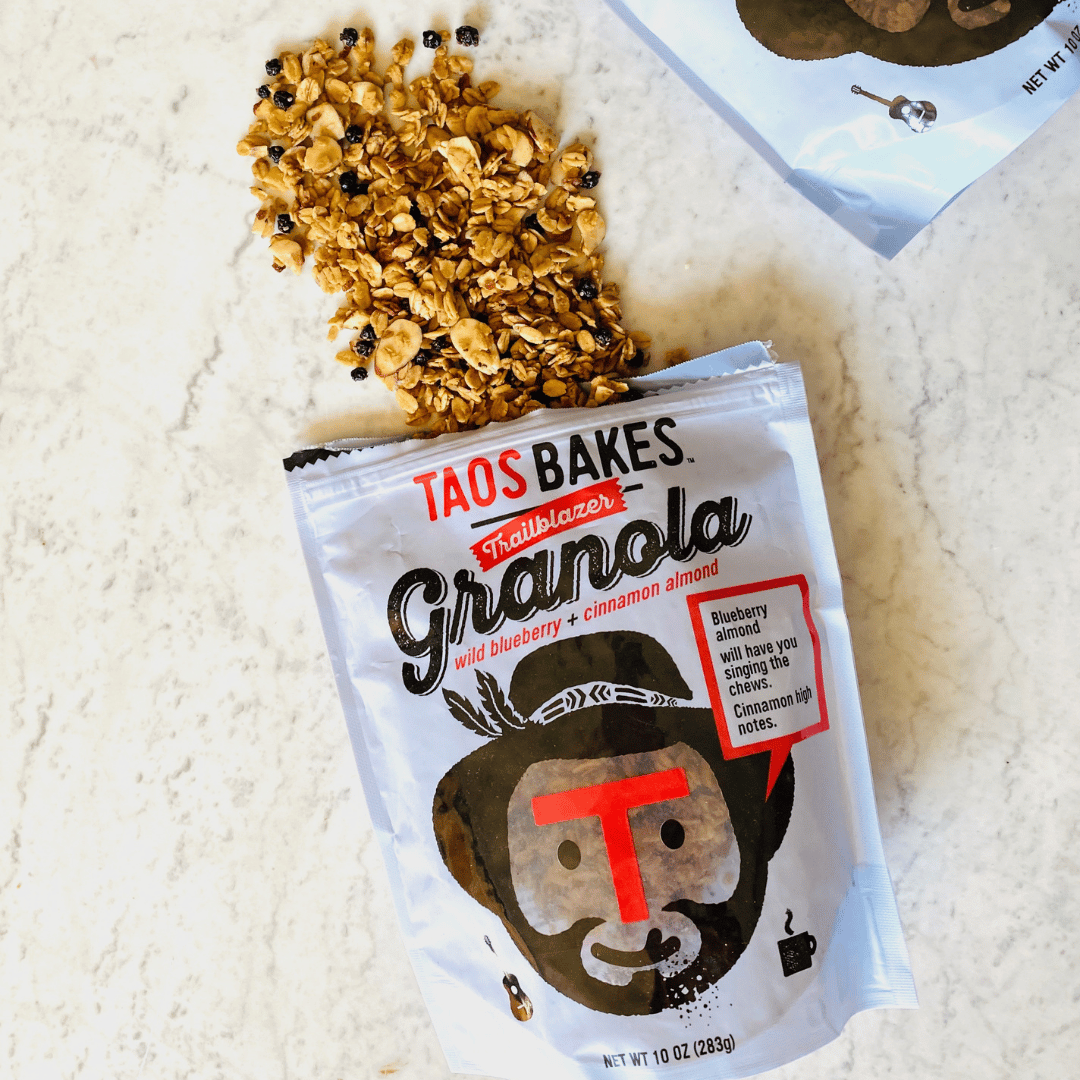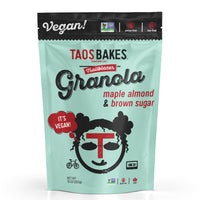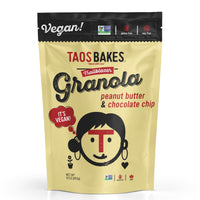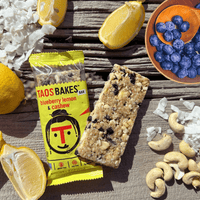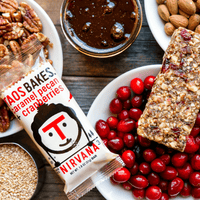Introduction: The Silent Struggle with Cognitive Decline
Do you experience brain fog, forgetfulness, difficulty concentrating, or persistent headaches? These challenges are more common than ever, impacting people of all ages and lifestyles. While many consider these issues inevitable, they are often signals that your brain needs additional care and support.
Fortunately, research has uncovered powerful ways to rejuvenate your brain, enhance cognitive performance, and protect against mental decline. This report dives into science-backed strategies, including the remarkable benefits of mushrooms, herbs, supplements, and nootropics, to help you unlock your brain’s full potential and experience sharper, more focused thinking.
The Importance of Brain Health
Your brain is the command center of your body. It processes thoughts, memories, and emotions while controlling essential bodily functions. As we age or face lifestyle stressors, brain function can decline due to factors like inflammation, oxidative stress, and nutrient deficiencies.
Symptoms of poor brain health include:
- Brain fog
- Forgetfulness
- Lack of focus or concentration
- Headaches
- Reduced sharpness or mental agility
Supporting brain health is vital to maintaining your quality of life, protecting against neurodegenerative diseases, and boosting your overall well-being.
Key Strategies for Brain Rejuvenation

1. Mushrooms and Herbs for Brain Health
Mushrooms
Mushrooms have gained significant attention for their neuroprotective and cognitive-enhancing properties. Certain species, like lion’s mane, reishi, and cordyceps, contain bioactive compounds that promote brain health by:
- Stimulating nerve growth and regeneration.
- Protecting neurons from oxidative damage.
- Reducing inflammation, a key contributor to cognitive decline.
Herbs
Nature has provided a treasure trove of brain-supportive herbs, each with unique benefits:
- Bacopa Monnieri: Improves memory, enhances learning, and reduces anxiety. It is particularly effective in supporting focus and attention.
- Ginkgo Biloba: Increases blood flow to the brain, protects neurons from oxidative stress, and enhances memory and cognitive performance.
- Centella Asiatica (Gotu Kola): Known for improving circulation and memory while promoting relaxation and reducing anxiety.
- Asian Ginseng: Boosts energy, improves mental clarity, and supports overall brain function.
- Rhodiola Rosea: An adaptogen that enhances focus, reduces mental fatigue, and improves resilience to stress.
- Ashwagandha: Another adaptogen that combats stress, supports neuroprotection, and enhances cognitive health.
- Lemon Balm: Calms the mind, improves mood, and supports focus and concentration.
- Autumn Crocus: Contains colchicine, which has neuroprotective properties.
- Turmeric (Curcuma Longa): The curcumin in turmeric is a powerful anti-inflammatory and antioxidant that protects brain cells and supports memory.
- Rosemary and Sage: Known for improving memory and focus. These herbs also provide antioxidant protection for the brain.
- Sweet Flag (Acorus Calamus): Supports mental clarity and cognitive enhancement.
- Maca: Enhances mood, memory, and focus while reducing stress and fatigue.
2. Lifestyle Practices for Cognitive Health

Lifestyle changes play a critical role in brain rejuvenation. Incorporating these practices can help optimize brain function:
Regular Exercise
- Aerobic Exercise: Walking, running, or cycling increases blood flow to the brain, enhances oxygen delivery, and boosts the production of brain-derived neurotrophic factor (BDNF), which supports neuron growth.
- Strength Training: Resistance exercises improve executive function, memory, and processing speed.
Fasting and Brain Health
- Intermittent Fasting (IF): This involves cycling between periods of eating and fasting, which has been shown to increase BDNF, promote autophagy (cellular repair), and reduce oxidative stress.
- Dry Fasting: A more extreme form of fasting that proponents suggest may amplify detoxification processes. Dry fasting should be approached with caution and professional guidance.
Stress Management
- Chronic stress damages neurons and impairs memory. Practices such as mindfulness, yoga, and meditation help lower stress hormones, protect brain cells, and enhance mental well-being.
Adequate Sleep
- Sleep is critical for brain health. During deep sleep, the brain consolidates memories, clears toxins, and repairs cellular damage. Aim for 7–9 hours of quality sleep nightly.
Mental Stimulation
- Activities like puzzles, reading, learning new skills, and engaging in social interactions help keep the brain active and promote plasticity (the brain’s ability to adapt and grow).
Dietary Recommendations for Brain Health
What you eat plays a vital role in cognitive function and overall brain health. A nutrient-dense diet can improve focus, memory, and long-term brain performance.
Brain-Supportive Foods:
- Antioxidant-Rich Foods: Berries, leafy greens, and dark chocolate protect against oxidative stress.
- Algae Oil: A plant-based source of DHA omega-3 fatty acids, essential for brain structure and neuronal health.
- Healthy Fats: Avocados, nuts, seeds, and olive oil support brain structure and function.
- Cruciferous Vegetables: Broccoli and kale promote detoxification and reduce inflammation.
- Fermented Foods: Yogurt, kimchi, and sauerkraut improve gut health, which is closely linked to brain health.
Foods to Avoid:
- Processed foods high in sugar and unhealthy fats.
- Excessive alcohol, which can impair cognitive function and damage neurons.

Supplements and Nootropics for Brain Health
Certain supplements and nootropics (substances that enhance brain performance) can dramatically improve cognitive function, memory, and mental clarity.
Key Supplements and Nootropics:
- Phosphatidylserine: A phospholipid essential for cell membrane integrity, it supports memory, focus, and processing speed.
- Alpha-GPC (Alpha-glycerylphosphorylcholine): Boosts acetylcholine levels, a neurotransmitter essential for learning and memory.
- Huperzine A: Protects acetylcholine from degradation, enhancing memory and focus.
- L-Theanine: Found in green tea, it promotes relaxation without drowsiness, improving focus and reducing stress.
- Curcumin (from Turmeric): Reduces inflammation and supports memory retention.
- Rhodiola Rosea and Ashwagandha: Adaptogens that combat stress, improve focus, and boost mental energy.
Combining Strategies for Maximum Benefits

To fully unlock your brain’s potential, consider combining the above strategies into a daily routine. A sample plan might include:
- Starting your day with a nutrient-dense breakfast rich in antioxidants and healthy fats.
- Incorporating 30 minutes of aerobic exercise.
- Practicing mindfulness or meditation to manage stress.
- Engaging in a mentally stimulating activity, such as solving puzzles or learning a new skill.
- Closing your day with a brain-supportive herbal tea and ensuring adequate sleep.
Conclusion: Empower Your Brain, Transform Your Life
Supporting your brain health is one of the most impactful steps you can take for your overall well-being. With the right strategies, including mushrooms, herbs, nootropics, and lifestyle changes, you can protect your brain, enhance its function, and feel more focused, sharp, and energized every day.
Ready to put these tactics into action? Keep Taos Bakes within arm’s reach to fuel focus, fight brain fog, and satisfy cravings the clean way. Visit taosbakes.com, stock up on your favorite flavors, and power your mind with snacks as smart as the new habits you’re about to master.
